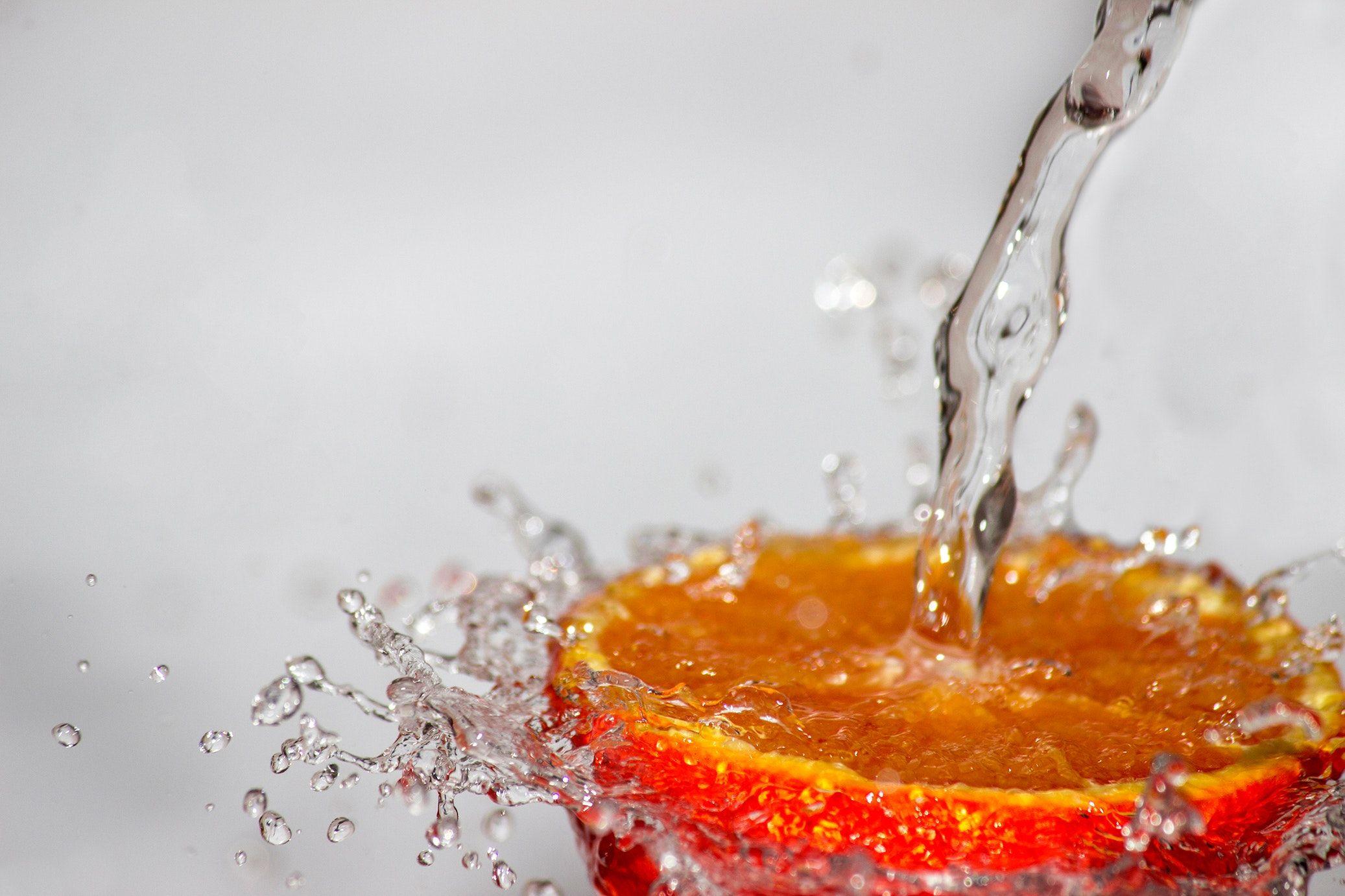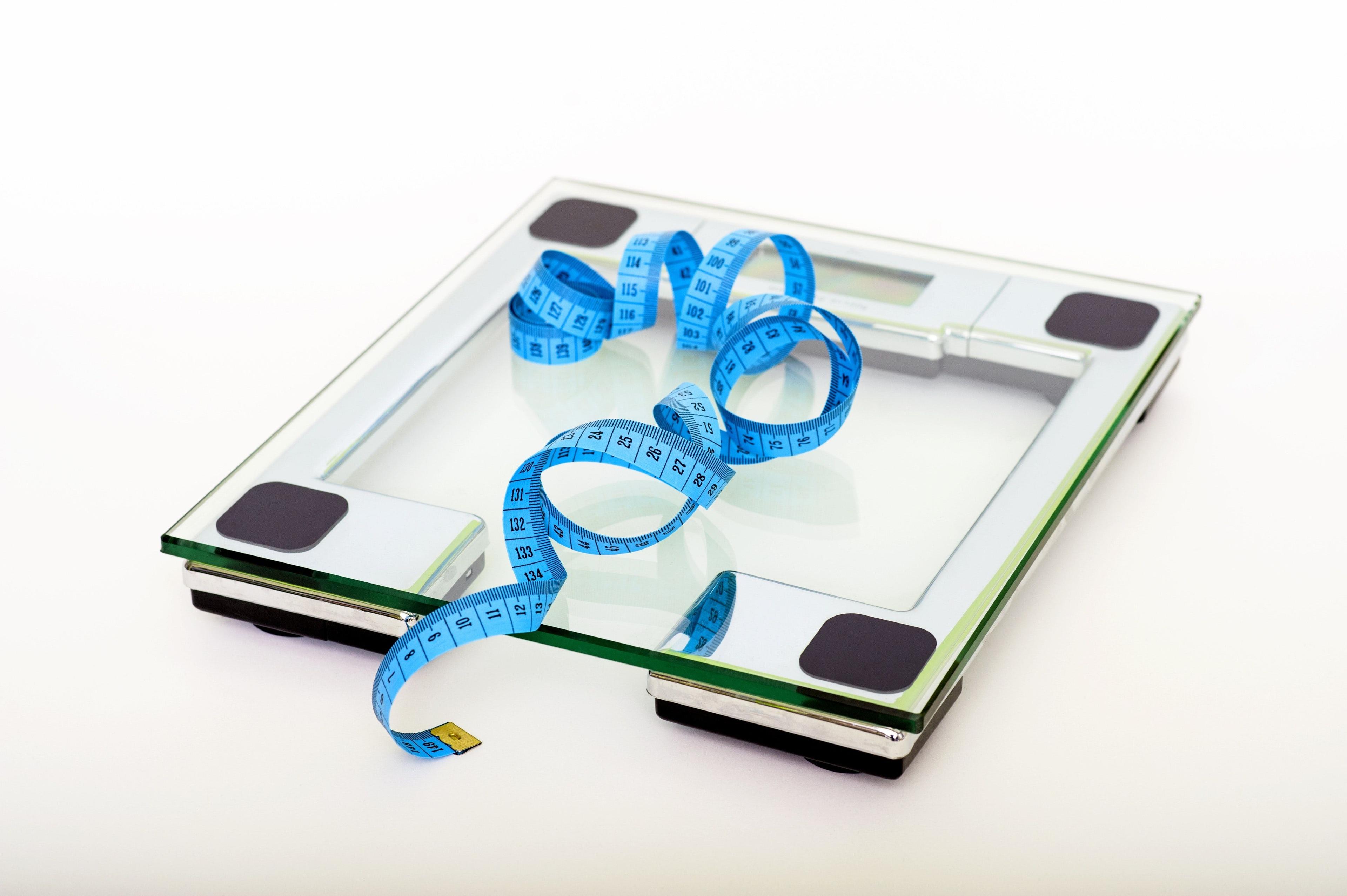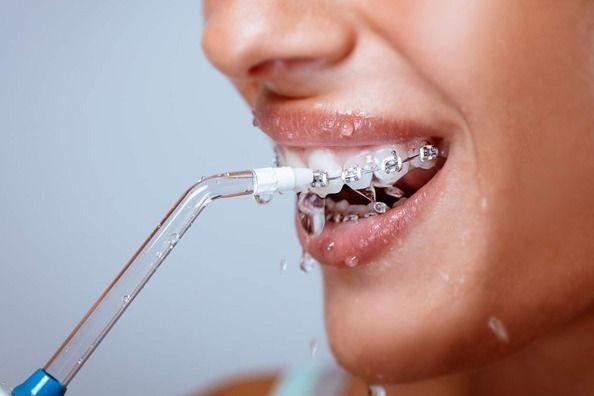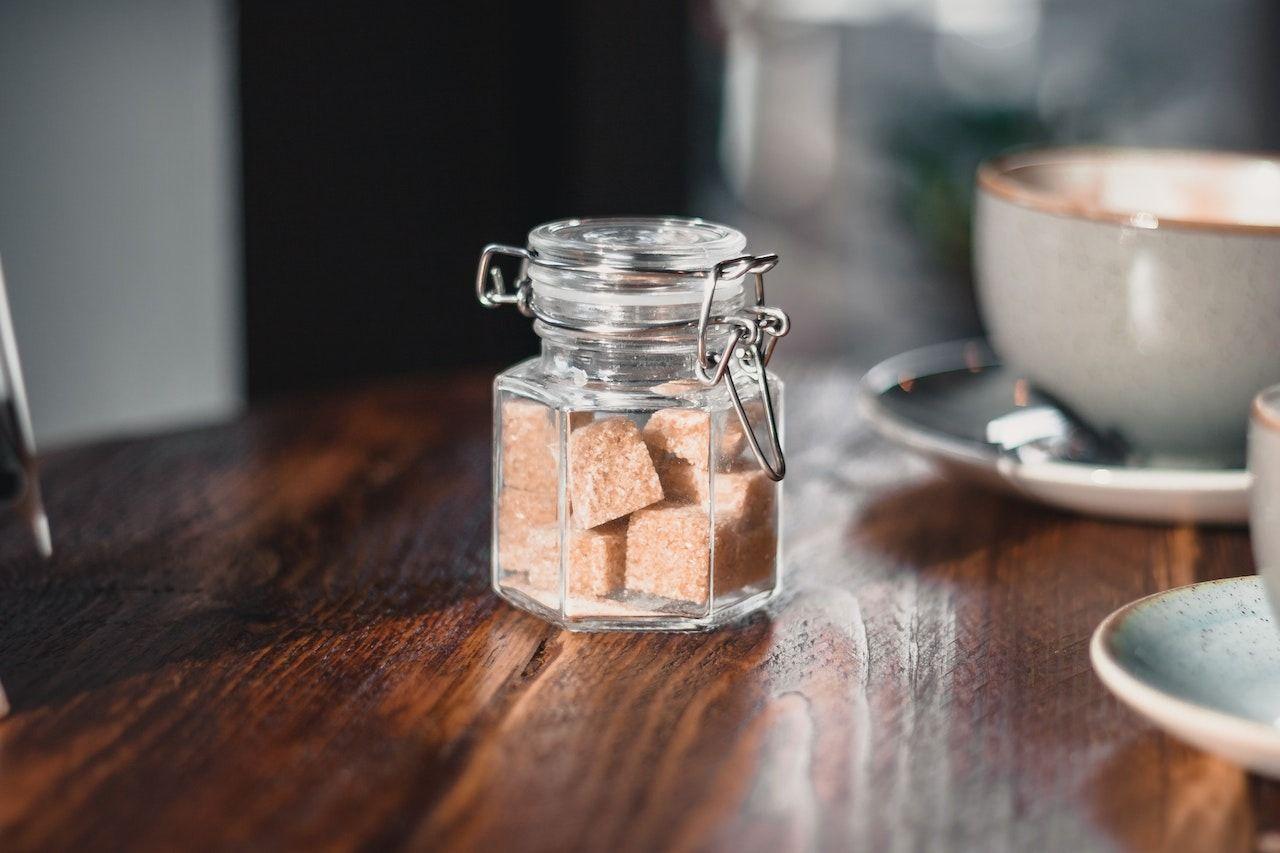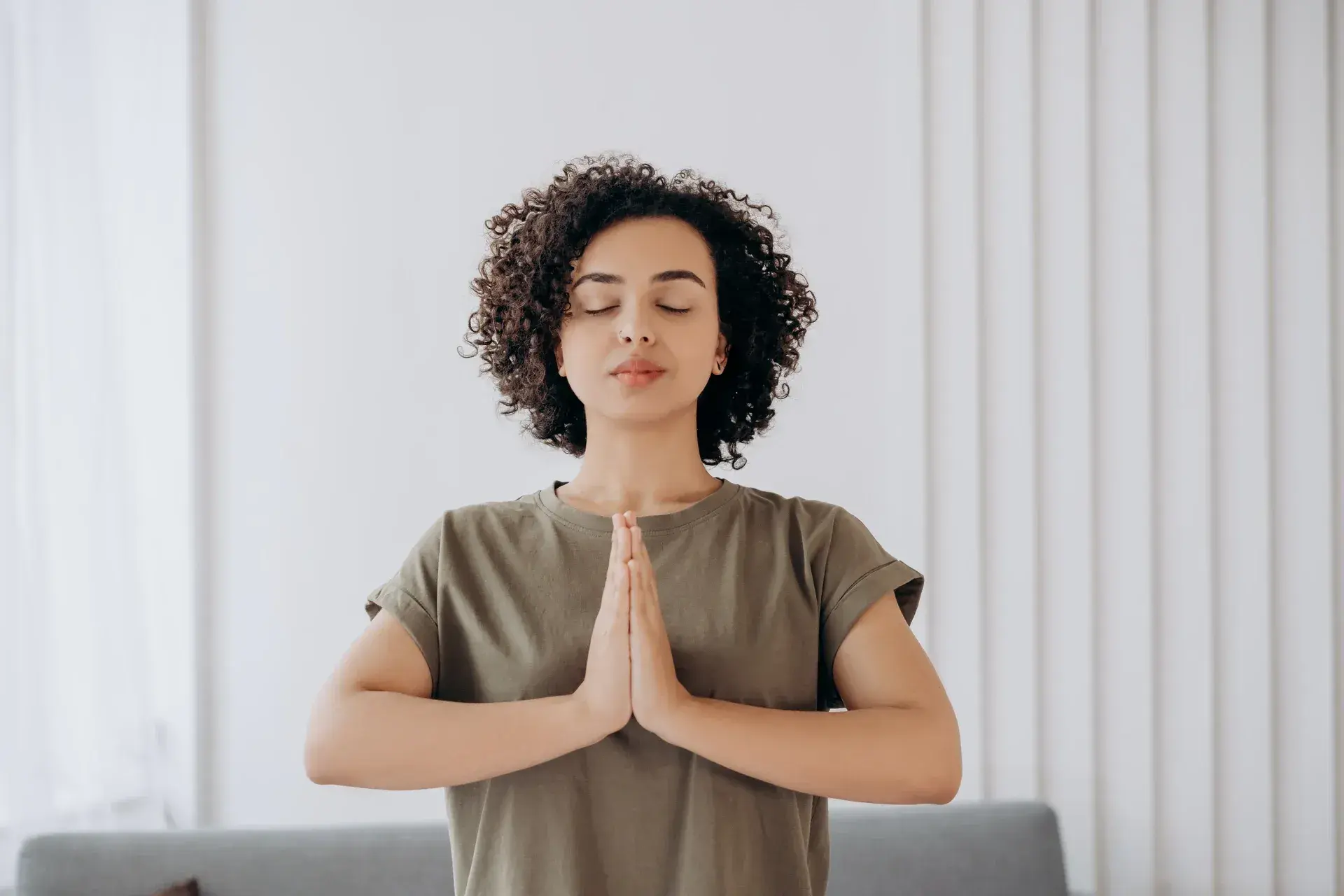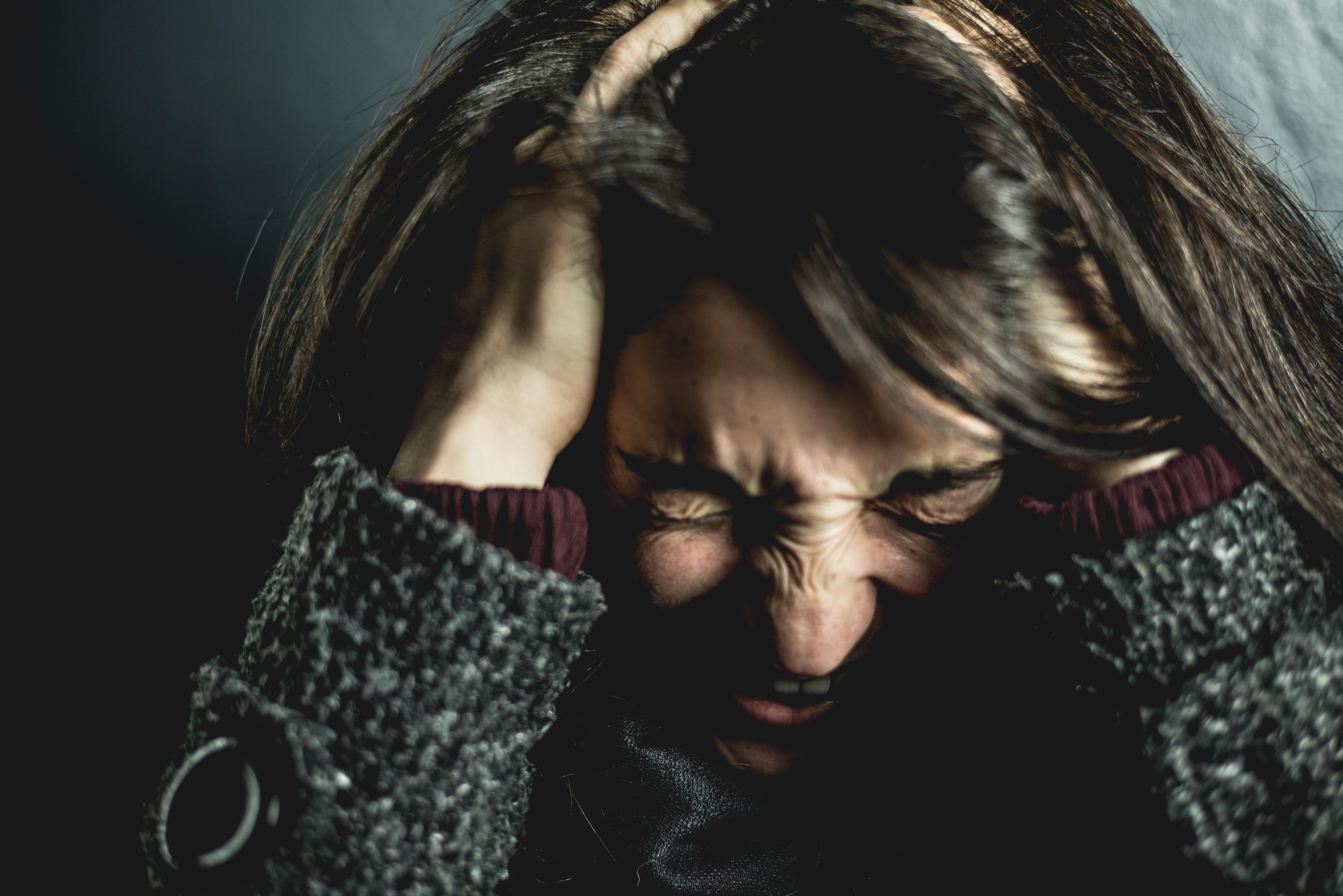5 reasons to live caffeine-free
It’s not a surprise that every year people all around the world drink more and more coffee. There is even a culture to get your caffeine fix — from matcha lattes to the energy drinks.
The good news is that there are plenty of proven health benefits that come along with drinking coffee, from a faster metabolism to a significantly lower risk of Alzheimer’s disease. But what are the benefits of being caffeine-free, and who should be avoiding caffeine completely?
According to Healthline, there are the top 5 benefits of cutting down on espresso drink habit.
Less anxiety
Caffeine comes with a burst of energy, which is what most of us use it for. However, that energy also stimulates our “fight or flight” hormones. This may cause an increase in anxiety, nervousness, heart palpitations, and even panic attacks.
Better sleep
Daily coffee intake can alter your sleep cycle, causing restless sleep and daytime drowsiness. This can be especially true if you consume caffeine less than six hours before going to bed. Besides it, those who are caffeine-free may find it takes them much less time to fall asleep.
More efficient absorption of nutrients
The tannins in caffeine can possibly inhibit some of the absorptions of calcium, iron, B vitamins. This can be especially true for those who have very high caffeine intake, imbalanced diet, or older age. Consuming no caffeine at all can help ensure you’re getting all of the nutrients possible from your diet.
Balanced brain chemistry
It’s no surprise that caffeine has an effect on mood. All of those “Don’t talk to me until I’ve had my coffee” slogans are on mugs for a reason.
Caffeine can alter brain chemistry in a similar way that drugs like cocaine do, and researchers agree that caffeine does fulfil some of the criteria used to measure drug dependence.

People who don’t consume caffeine don’t have to worry about the addictive qualities of it, whereas people who decide to wean off caffeine or stop drinking it altogether may experience withdrawal symptoms or temporary changes in mood.
Fewer headaches
One of the most common and unpleasant side effects of caffeine withdrawal is headaches. Ever notice how you get a problem if you’re too busy for your morning cup of coffee? This is only one symptom of caffeine withdrawal. Others include brain fog, fatigue, difficulty concentrating, irritability.
